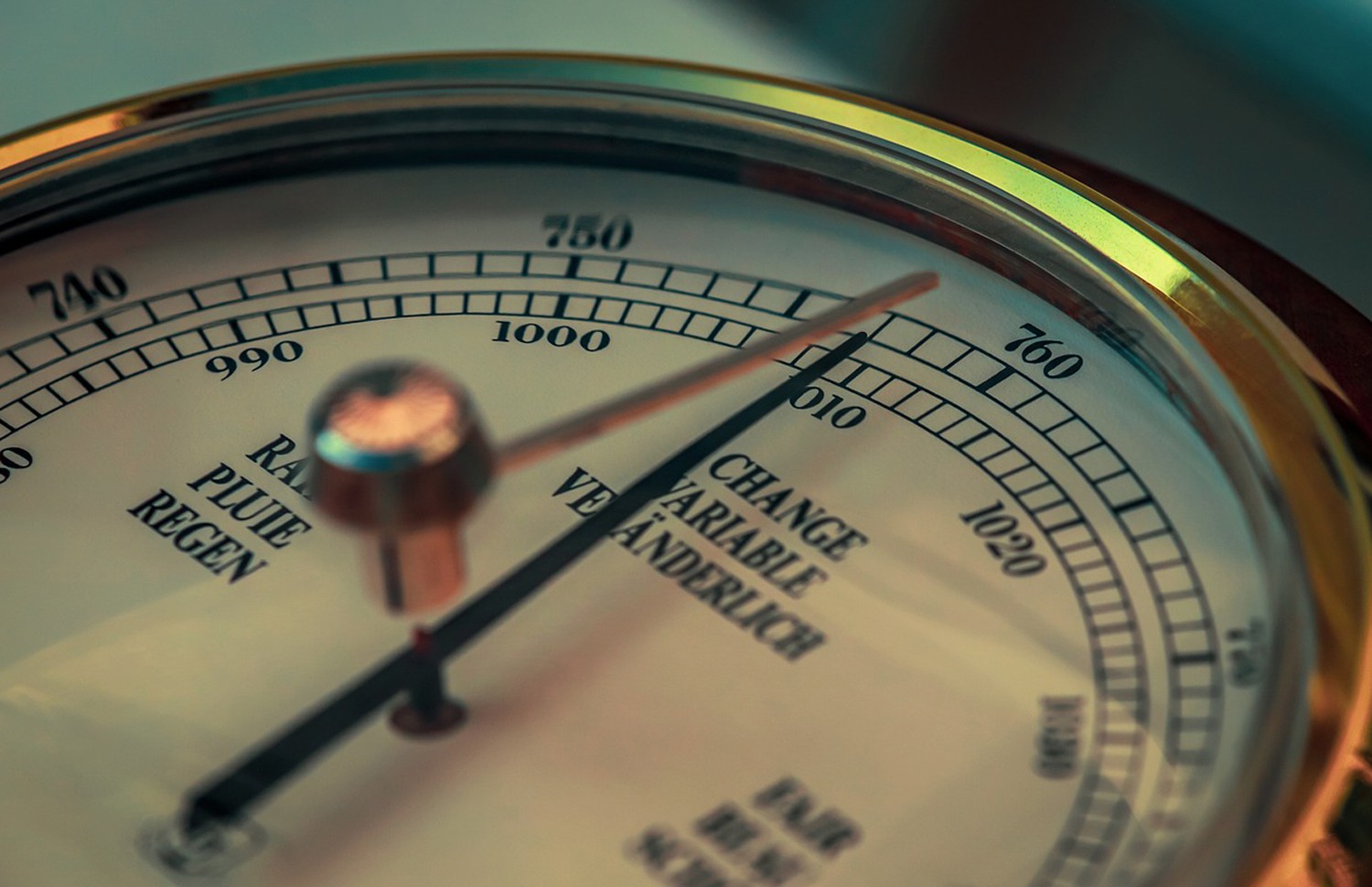The ifo Business Climate Index has fallen for the fourth time in a row. The evaluation of the current business situation fell to its lowest level since August 2020 – and German companies are even more pessimistic about the coming months. The figures and sentiments published in August 2023 show that expectations for trade and manufacturing have also cooled noticeably. As these sectors are closely linked to the packaging industry, we have taken a closer look at the plastics, fibres and machinery sectors. We also venture an outlook and say what is advisable now.
Plastic packaging
The latest figures from the association “GKV/Tec Part Technische Kunststoffprodukte” shed light on the challenges and serious economic burdens faced by German producers of plastic packaging.
- Turnover fell by 5.9 per cent to € 8.8 billion in the first half of 2023.
- None of the plastics processing sectors expect an improvement in the second half of 2023.
In the consumer-related sectors, the reasons for the decline continue to be high inflation and higher interest rates. These factors continue to dampen consumers’ propensity to buy. Concerns about the new heating law and the further increase in energy prices towards winter are likely to further intensify private purchasing restraint.
At the same time, the weak demand meets an oversupply of produced plastics, which depresses the price of the material as well as the price of the goods produced from it.
Fibre-based packaging
The current half-yearly balance 2023 of the association “The Paper Industry” also reveals an alarming development.
- Compared to the same period last year, total production fell cumulatively by almost 21 percent.
- This is also reflected in sales, which fell by 19.1 per cent.
- Turnover fell by a whopping 25 per cent in the same period.
Here, too, significantly reduced consumption is a main reason for the drastic decline. Food retailing, for example, recorded a drop of 5.8 per cent. The effects are also noticeable in online trade, which had previously provided high profits in the corrugated board sector, but is now also decreasing. The German parcel market in 2022, for example, recorded a decline of 7.9 per cent compared to 2021. Even though this is still 14 per cent above pre-Corona levels, it is clear that the golden age of growth, especially in the B2C sector, is over for the time being.
A significant factor in the drop in profits is also the increased production costs. Electricity prices in Germany are among the highest in the EU. But the costs for gas and burdens from taxes, levies and charges also have a major impact.
It is little wonder that industry developments are reflected in company figures.
- Thus, compared to the record previous year, the Mayr-Melnhof Group recorded a significant decline in operating profit of € 181 million or 63.5 percent in the first half of the year.
- Manufacturer Stora Enso lowered its business expectations for 2023 by more than 50 per cent due to the deteriorating market outlook.
Mechanical Engineering
In mechanical engineering, the situation is different at first glance. A second look, however, corrects this picture.
- According to the VDMA, production of food processing and packaging machinery grew by a nominal 10.8 percent to 3.7 billion euros in the 1st quarter of 2023 – and was thus higher than the previous year’s figure. Even adjusted for price, the sector grew by almost 4 percent.
- Packaging machinery accounted for 1.7 billion euros, with production rising 12.4 percent in Q1 2023.
- However, this positive development is overshadowed by the VDMA’s production forecast. It expects a decline of 2 per cent for the entire German mechanical engineering industry in the current year.
- The figures for July 2023 confirm the trend of falling orders in mechanical and plant engineering. There were 8 percent fewer orders from Germany and 13 percent fewer from abroad.
One of the main reasons is the decline in orders from China. The economy there weakened after the Corona measures were discontinued at the end of 2022. Nevertheless, in the first half of 2023 the industry benefited from the resilient US economy, whose demand led to a nominal export increase of 21 per cent for the German mechanical engineering industry.
Outlook and B+P recommendation
Current economic developments are casting their shadow on the export-dependent economy. The investment climate in Germany remains difficult and global economic growth is also currently insufficient to quickly get the strongly internationally oriented economy back on its feet.
These challenges are compounded by additional factors such as rising energy prices, interest rate and wage increases.
Whether government measures such as the bridge electricity price can bring temporary relief for companies or ensure long-term security, is difficult to predict. The latter, however, would be particularly important for investments and long-term planning in the packaging industry.
Our advice
- In times of great economic unrest and a lack of planning certainty, it is essential for companies dependent on raw materials and energy to remain flexible, to look for innovative solutions and to adapt to current market requirements.
- In addition to a clear positioning and a focused market strategy, the integration of market intelligence is particularly important.

